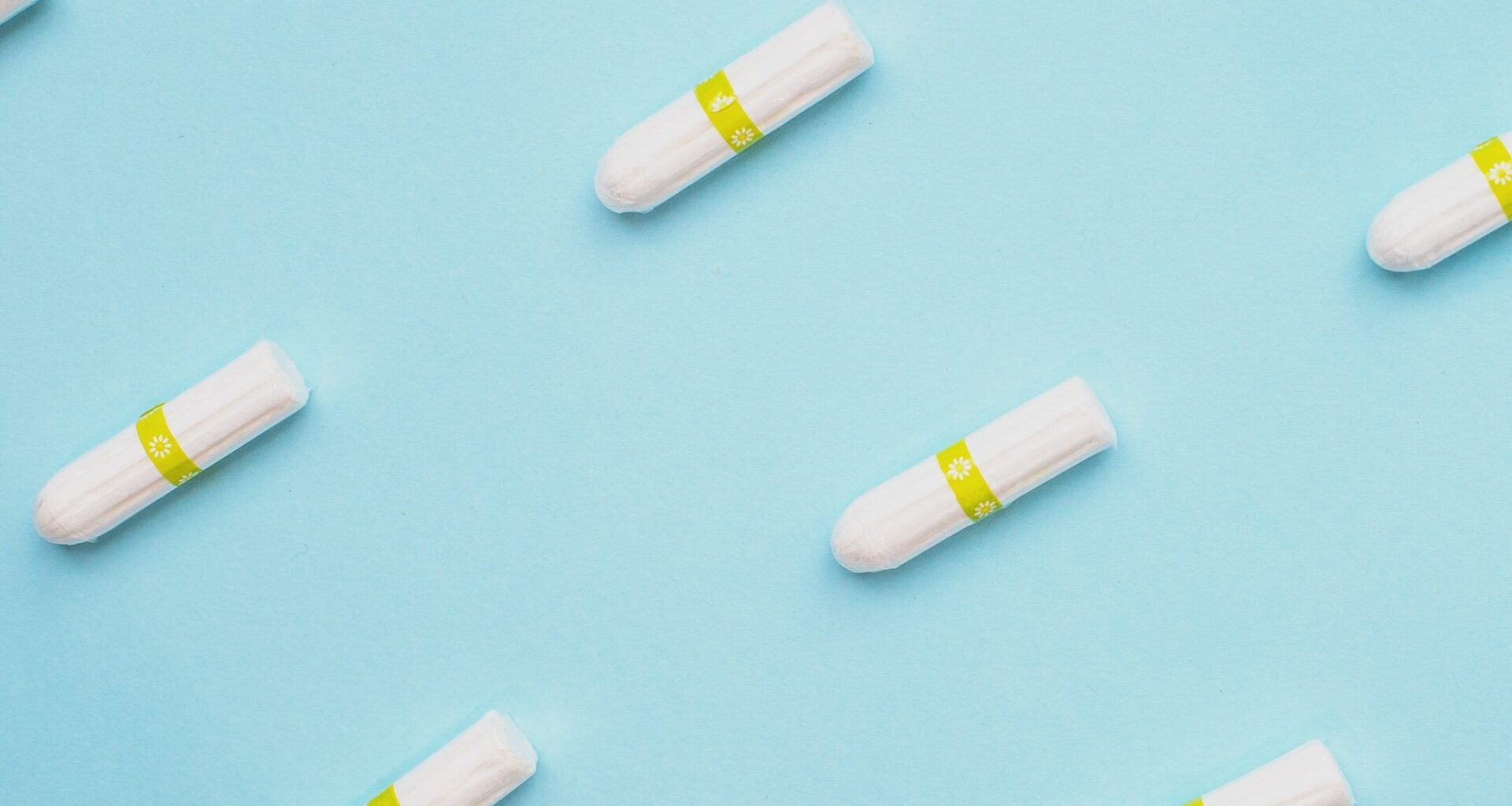- Sexual Desire Declines Among Cohabiting Couples; Increases Among Solo-Living Couples
- Relationship Quality Rises Among Cohabiting Couples; Not the Case Among Solo-Living Couples
- Stress, Sensitivity, and Loneliness on the Rise; Flo offers Free Course, ‘Sex Ed for Grownups’
Flo Health Inc., the leading female health and wellbeing mobile app used by over 160M people around the world, unveiled findings highlighting the impact the pandemic has had on women’s relationships since the start of lockdown, unearthing insights around shifts in sexual desire, partner interaction, and overall mental and emotional wellbeing. The external survey polled a random, de-identified set of 3,435 self-identifying U.S-based women ages 18-55 and took place throughout January 2021 via an external survey platform. All survey participants consented to their responses being collected and shared as part of the study. Depending on the analysis, certain subsets of the population were used.
Sexual Desire Declines Among Cohabiting Couples; Increases Among Solo-Living Couples
According to the survey, 64% of women who experienced changes in their sex life while cohabitating with their partners say that they experienced a decrease in sexual desire. Of this subset, 64% have experienced a decline in the quality of their sex life, and 57% say that they orgasm less often. According to Flo Medical Board Member and Sex Therapist, Dr. Jordan Rullo, PhD, there’s no need to be alarmed.
“One driver of sexual desire is novelty. For couples living together, the pandemic may have brought an extreme togetherness with their partner that has taken away the novelty of their sexual relationship. The monotony of the pandemic hits the brake pedal of desire for many women.”
“It’s often believed that distance and mystery fuel desire,” said Dr. Rullo. The Flo survey affirmed this. Sixty-four percent of women who are living separately from their partner and experienced changes said their sexual desire had actually improved. “Sexual tension may lead to couples to getting more creative in the ways they sexually connect (like cyber sex).” Among this subset in desire, 46% said they feel the quality of their sex life has improved, and 44% say they orgasm more often. According to Dr. Rullo, “Increased sexual creativity and novelty are key ingredients to increase sexual desire.”
Relationship Quality Rises Among Cohabiting Couples; Not the Case Among Solo-Living Couples
Contrary to popular belief, among the couples who experienced changes in their relationship while living together, 61% say that the pandemic has positively impacted their relationship. “Couples who used to spend most of their days separated from each other are now spending more time than ever before together,” said Dr. Rullo. “Couples who are using this increased time together in a positive way are likely feeling more positive impacts in their relationship.” The survey backs up this theory. Among this subset, 68% support each other more often, 67% spend more quality time together, and 61% have meaningful conversations with their partners more often.
The pandemic had a different effect on couples living solo. Approximately every other woman who experienced changes said that the pandemic negatively impacted the way they interact with their partners. “For couples who do not live together and haven’t been dating very long, the pandemic may be one of their first major relationship hurdles,” said Dr. Rullo. “New couples are learning to support each other through these tough times, in addition to negotiating how to stay safe in a pandemic. These are advanced skills for new couples and those early on in their relationship may be having difficulty navigating these issues.” Among this subset, 42% of women say they experience conflict more often with their partners, 41% spend less quality time together, and 38% of women say they feel irritated by their partner more often.
Stress, Sensitivity, and Loneliness on the Rise; Flo offers Free Course, “Sex Ed for Grownups”
According to the survey, since the start of the pandemic, women feel more stressed (63%), sensitive (51%), lonely (43%), and experience increased sleeping troubles (43%) and unhealthy coping patterns (40%). According to Dr. Rullo, women can still improve sexual desire given the circumstances. “Think of these issues as hitting the brake pedal of desire. If stress is on your brake pedal, consider exercising on a consistent basis or daily meditation. If sleep has worsened, seek out solutions to improve your sleep hygiene. To boost your desire, try to remove as much off the brake pedal as possible, and from there, add things to the gas pedal.“
Flo is committed to supporting women with sexual health information to make sure that each woman understands her sexual anatomy, have safe sex, and improve self-love and self-esteem. Flo’s holistic platform offers science-backed courses, expert-reviewed articles, and personalized health information to help users gain access to the most credible information and break down stigmas. During the month of February, Flo will be providing all women free access to leading course, “Sex Ed for Grown Ups” led by Sex Therapist and Educator, Dr. Laura Berman. Current users will find the course in the insights section of the app and new users can download the course here.
About Flo Health
Flo is the most popular women’s health app globally; over 167.7 million users have downloaded Flo globally, attaining 38 million monthly active users. With over 80+ medical experts, Flo supports women during their entire reproductive lives and provides curated cycle and ovulation tracking, personalized health insights, expert tips, and a private community for women to share their questions and concerns. Flo prioritizes safety and keeps a sharp focus on being the most trusted digital source for women’s health information. Flo health app is available in more than 20 languages on iOS and Android. For more information, please visit https://flo.health.







